Post
A catch
Save a catch to start your fishing logbook. You will be able to to share it with the community if yo want!
A fishing trip
Post an ad to go fishing with other fishermen
Save a catch to start your fishing logbook. You will be able to to share it with the community if yo want!
Post an ad to go fishing with other fishermen
Share a thought, a question with the community
My favorite cities
×Join our 544 fishermen in Soar in Devon. The fishing forecast is currently 3.3. The most caught fishes here are seabass, the sole fish, the thornback ray and the halibut fish. Come try the most famous fishing techniques like the tips on material for bream fishing with soft lure, fishing with traps, eel fishing in freshwater or throw fishing for royal bream.
Our fishing forecast of Soar indicates the best time to go fishing in this city.
Seabass
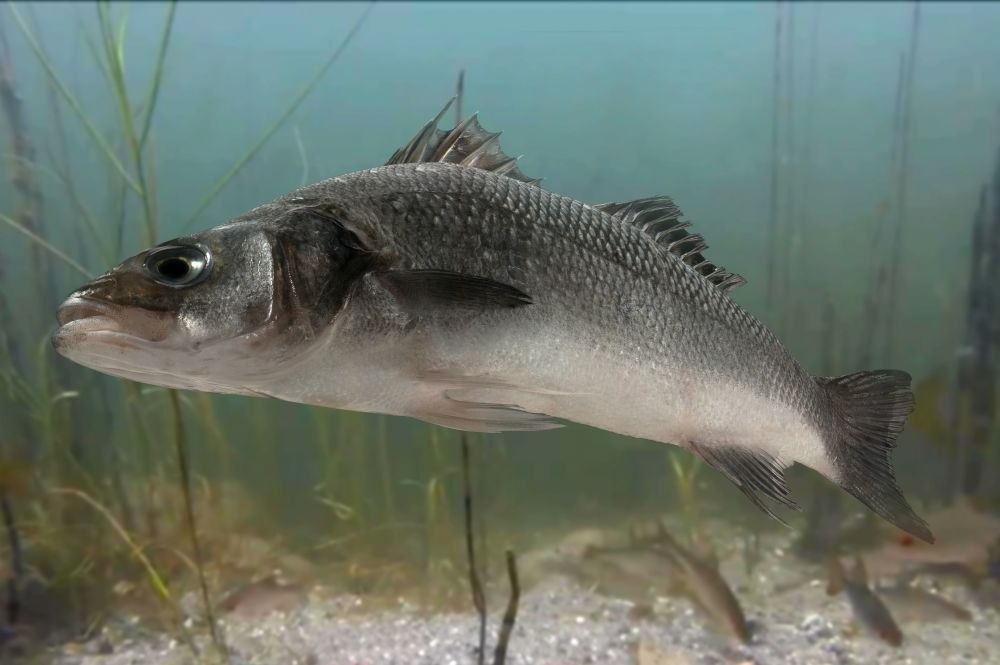
The Seabass belongs to the Moronidae family. Its size is usually between 70 and 80 cm (1.10 m maximum). The life expectancy of the seabass is variable: about thirty years in an aquarium, 24 years in Ireland, 6 years maximum most often in the Mediterranean. Breeding takes place between December and March or January to May depending on the location. The female lays 200,000 eggs at once. The body of this fish is elongated and slightly compressed. The two dorsal fins (the first thorny and the second soft) are well separated and have almost the same length and height. The anal fin is composed of 10 soft rays preceded by 3 thorny rays. The caudal peduncle is quite elongated and the caudal fin is indented, with an upper lobe often slightly longer than the lower lobe. The pectoral fins are short. The upper part of the head is quite straight, the upper jaw is a little shorter than the lower jaw. The operculum may have a more or less visible black spot in its posterior upper part. The scales are small in size but clearly visible. The lateral line is slightly arched in the front part of the body. The back is grey in color, the sides are lighter, with yellowish or silvery reflections. The pectoral and ventral fins are yellowish white; the others are darker. Mostly in young individuals, black spots may be present in the dorso-ventral region.
Seabass is a famous fish you can catch in Soar.The Sole Fish
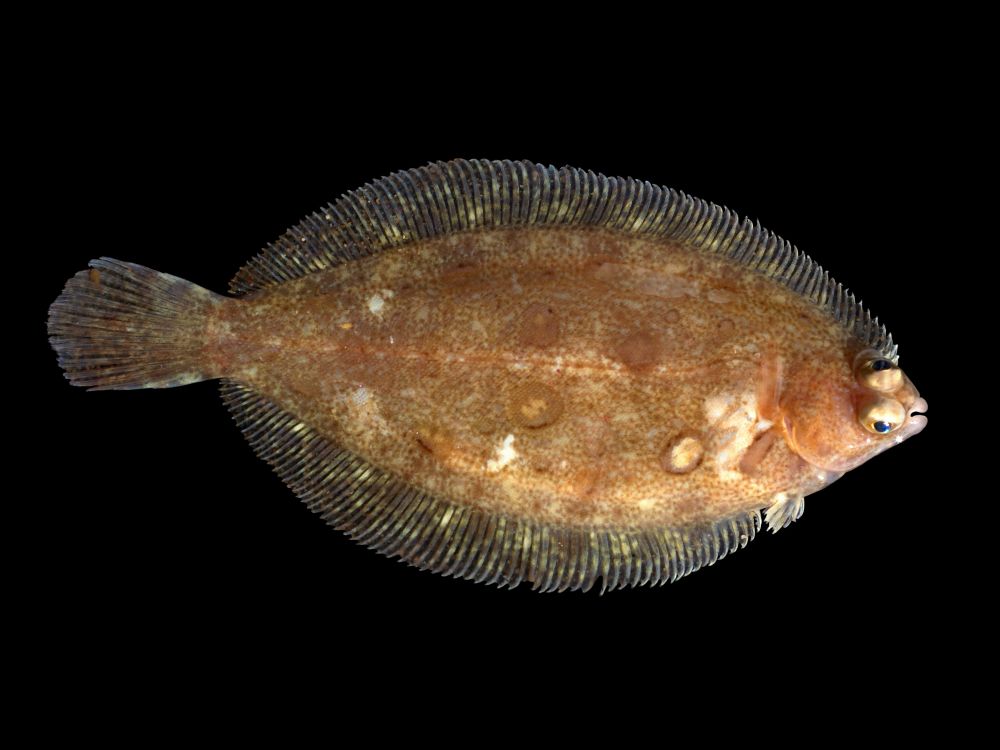
The sole fish belongs to the Soleidae family. The maximum size can reach 70 cm with a current size of 25 to 35 cm. Its longevity is 27 years. It breeds from January to March depending on the region. It can lay up to 1,300,000 eggs. It can be fished all year round. First of all, we notice in this flatfish its characteristic oval shape, which is not found in the other flatfish most frequently encountered by divers. The adult sole, a right-handed (or dexter) flatfish, rests on its left flank and has its eyes on the right side. The color of this fish is very variable: bluish grey to yellowish brown! The body is often marked with marbling and dark spots. The snout of the soles is rounded and shows a small arched mouth, located before the tip of the head. Her eyes are small and wide apart. The caudal has a rounded edge at the end of which a dark fringe can often be seen. On the seabed is the black spot (sometimes golden or brown) at the back and up of the pectoral fin. The dorsal and anal fins are generally white bordered and joined to the caudal by a thin membrane.
The Sole Fish is a famous fish you can catch in Soar.The Thornback Ray
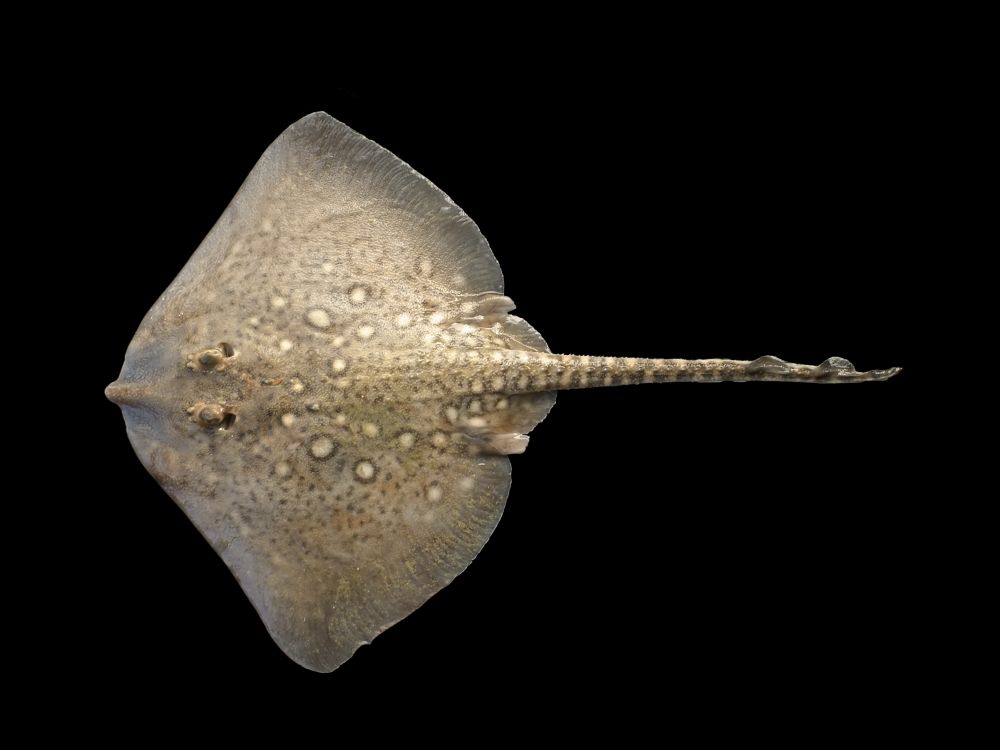
The Thornback Ray belongs to the Rajidae family. The size of this line can reach 1.20 m long for females, 70 cm for males, and 60 cm wide. Its lifespan is estimated at about fifteen years. It reproduces in the spring. The female lays between 70 and 140 young each year. It can be fished all year round. The looped line has the flattened shape of a narrow, diamond-shaped disc, sometimes wavy at the back. The pectoral fins are large, triangular in shape. They are welded to the head and to the whole body. The tail is long and thin, with a triangular pelvic fin on either side. The snout and rostrum are short and pointed. The eyes are close together, in front of the spiracles. The color of its back is greyish or light brown, sometimes solid, but usually marked by dark spots assembled or in sinuous lines. This drawing is completed with large yellowish, irregular spots. These are then surrounded by black in young people. An adult individual may also be adorned with grey-bordered eye-spots. The belly is whitish, underlined with grey on the periphery. The mouth and 2 series of 5 gill slits are located on the ventral side. The upper jaw is armed with powerful teeth, pointed in males and flattened in females. Finally, the tail is adorned with a series of dark or light, uneven rings. The skin is rough. In adults, the dorsal surface of the disc includes a few large curls (curved horny spines with an oval base) arranged irregularly. The young have a very pronounced median line, up to the t
The Thornback Ray is a famous fish you can catch in Soar.The Halibut fish
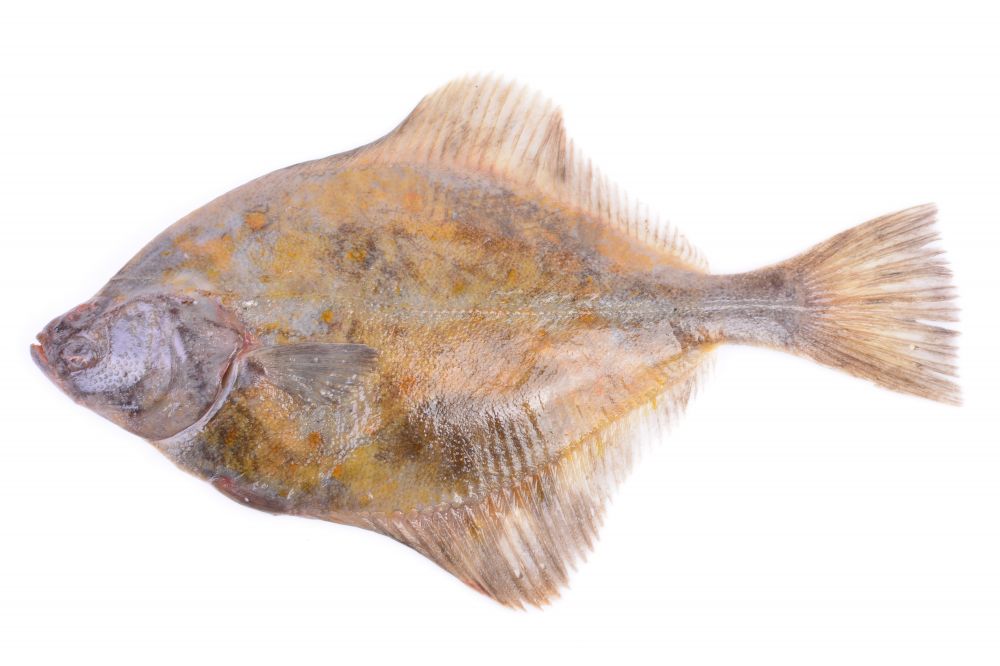
The Halibut fish belongs to the Pleuronectidae family. It can measure up to 4 m, weigh more than 100 kg and live to be 50 years old. It breeds from February to May and lays up to one million eggs. the fishing season is open from March to November. Halibut is a flatfish of the Pleuronectidae family. Like all fish in this family, its eyes are both located on the right side of his head (dexter fish), with the left side blind and unpigmented facing the ground. Its body is elongated, its lateral line strongly arched in the pectoral region, its mouth wide, its teeth curved and its tail concave. The color of its right flank (upper flank) varies from greenish grey to dark brown, while its left flank ranges from white to pale grey.
The Halibut fish is a famous fish you can catch in Soar.The Pollack fish
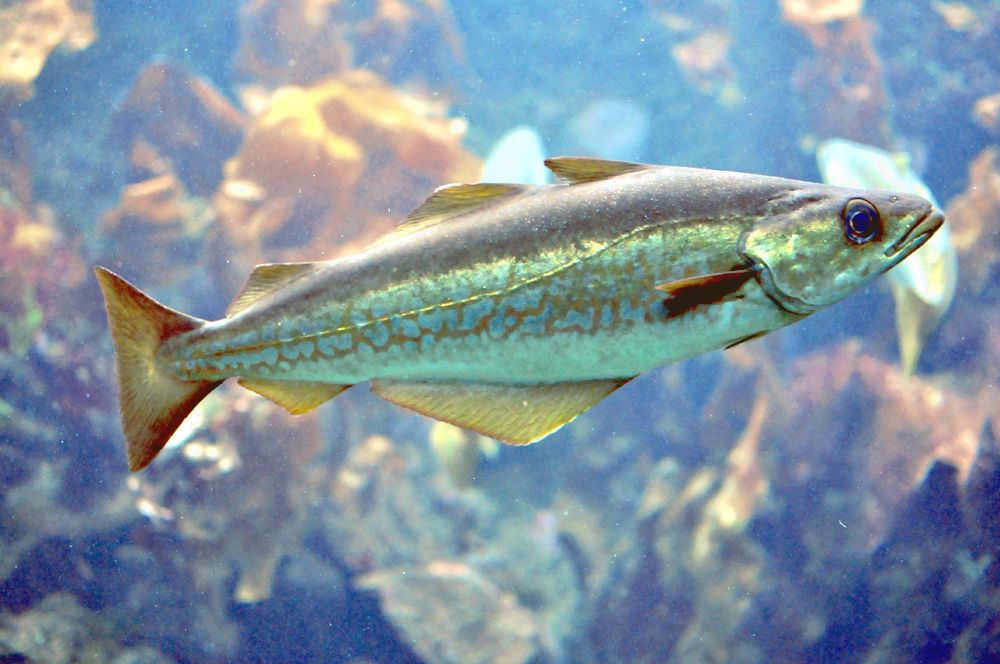
The Pollack fish belongs to the Gadidae family. Its size can reach 1.40 m for an average of 60 to 80 cm. The Pollack grows very quickly and lives between 8 and 10 years, while most pelagic fish have a lifespan of more than 20 years. Reproduction takes place in February March. Fertility can reach 4 million eggs. It can be fished all year round. Elongated body, covered with small scales, orange-yellow color, darker on the back, marbled in young individuals, bright yellowish white in adults. Prominent lower jaw, big eye. The dark-colored lateral line is curved at the pectoral fins, which makes it easily distinguishable from the black locus (Pollachius virens) in which it is straight. The Pollack, like many Gadidae, has three clearly triangular dorsal fins and two anal fins. It is one of the few Gadidae that does not have chin barbells. Juveniles are rather reddish brown with longitudinal stripes of blue-grey.
The Pollack fish is a famous fish you can catch in Soar.Our fishing forecast of Soar indicates the best time to go fishing in this city.
Our fishing forecast of Soar indicates the best time to go fishing in this city.
Our fishing forecast of Soar indicates the best time to go fishing in this city.
